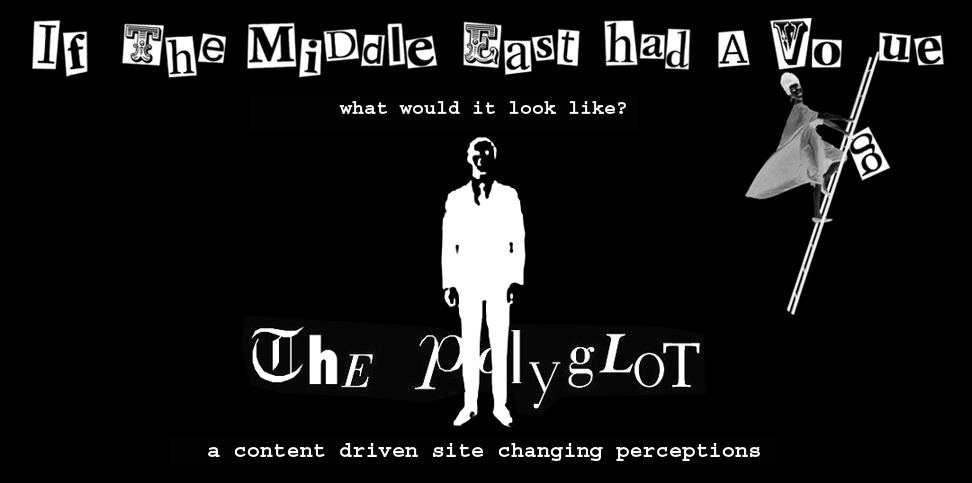How one man transformed the Palestinian economy with a unique idea; upscale lingerie bearing the intriguing label “Made in the Israeli-Occupied West Bank.”

Back in 1987 when the first Palestinian uprising was but a month old, the last thing on anyone’s mind was the state of the local intimate-apparel industry (or that it even existed for that matter).
Yet in the West Bank town of Ramallah a small factory, housed in a spartan building just off the main square, became the head quarters for an unusual experiment. There, Charles Shamas, a Yale-educated Arab American was quietly creating a unique venture; producing high-quality silk lingerie for export to the United States and Europe with the goal of transforming the Palestinian economy.
Just two years after its launch, exports of his Layal line of lingerie reached $1.2 million in retail sales. It may seem a small figure by today’s standards, but not when one considers that the Palestinian industrial output amounted to just $80 million at the time.
More intriguing perhaps was that Shamas’ venture wasn’t just about economic revitalization, but social transformation as well. Compared to the rest of the global sewing industry, where low wages and sweatshop conditions prevailed, his 42 employees were being paid double the prevailing monthly rate. Furthermore most of Layal’s profits and resources were being plowed back into the Center for Production Development in Ramallah; one of the few places where textile workers could learn advanced design and marketing skills to set up their own businesses.

Shamas has also set economic presidents in other ways. In response to his petitioning, the U.S. government created a label for Palestinian goods: “Made in the Israeli-Occupied West Bank.” After initially viewing this as a political provocation, the Israelis allowed the creation of a direct, secure channel for Palestinian exports. This process produced what Shamas called “The first binding agreement between the Israeli government and Palestinian businesses.”
But what really made Shamas stand out was his persistent refusal to turn Layal into another “politically chic” product for the rest of the Arab world (such as the Palestinian Kafiyah). “We appreciate solidarity, but we want only the freedom to compete on an equal basis,” said Shamas at the time.
Today Charles Shamas is the Senior Partner and founder of the MATTIN Group, a voluntary human rights-based partnership in Palestine that draws on the disciplines of law, economics, commerce and trade policy. In the last few decades the MATTIN group has set up ventures to test the institutional constraints on skilled labor-based manufacturing in the occupied Palestinian territories, encourage pro-social industry growth and initiate direct Palestinian exports to the EU and the US.
© THE POLYGLOT (all rights reserved) CHICAGO-PARIS

Back in 1987 when the first Palestinian uprising was but a month old, the last thing on anyone’s mind was the state of the local intimate-apparel industry (or that it even existed for that matter).
Yet in the West Bank town of Ramallah a small factory, housed in a spartan building just off the main square, became the head quarters for an unusual experiment. There, Charles Shamas, a Yale-educated Arab American was quietly creating a unique venture; producing high-quality silk lingerie for export to the United States and Europe with the goal of transforming the Palestinian economy.
Just two years after its launch, exports of his Layal line of lingerie reached $1.2 million in retail sales. It may seem a small figure by today’s standards, but not when one considers that the Palestinian industrial output amounted to just $80 million at the time.
More intriguing perhaps was that Shamas’ venture wasn’t just about economic revitalization, but social transformation as well. Compared to the rest of the global sewing industry, where low wages and sweatshop conditions prevailed, his 42 employees were being paid double the prevailing monthly rate. Furthermore most of Layal’s profits and resources were being plowed back into the Center for Production Development in Ramallah; one of the few places where textile workers could learn advanced design and marketing skills to set up their own businesses.

Shamas has also set economic presidents in other ways. In response to his petitioning, the U.S. government created a label for Palestinian goods: “Made in the Israeli-Occupied West Bank.” After initially viewing this as a political provocation, the Israelis allowed the creation of a direct, secure channel for Palestinian exports. This process produced what Shamas called “The first binding agreement between the Israeli government and Palestinian businesses.”
But what really made Shamas stand out was his persistent refusal to turn Layal into another “politically chic” product for the rest of the Arab world (such as the Palestinian Kafiyah). “We appreciate solidarity, but we want only the freedom to compete on an equal basis,” said Shamas at the time.
Today Charles Shamas is the Senior Partner and founder of the MATTIN Group, a voluntary human rights-based partnership in Palestine that draws on the disciplines of law, economics, commerce and trade policy. In the last few decades the MATTIN group has set up ventures to test the institutional constraints on skilled labor-based manufacturing in the occupied Palestinian territories, encourage pro-social industry growth and initiate direct Palestinian exports to the EU and the US.
© THE POLYGLOT (all rights reserved) CHICAGO-PARIS

1 comment:
Hello,
First of all: Great Blog, I want to thank you for this great job! It is amazing to read and look and I found so much Inspiration here. I have a question : I liked the idea of the fasion label “Made in the Israeli-Occupied West Bank.”, but google don´t give me any searching results where I could buy the clothes. May you give me more information, maybe a link to an internet-shop page? Thanks alot :-) Alice
Post a Comment